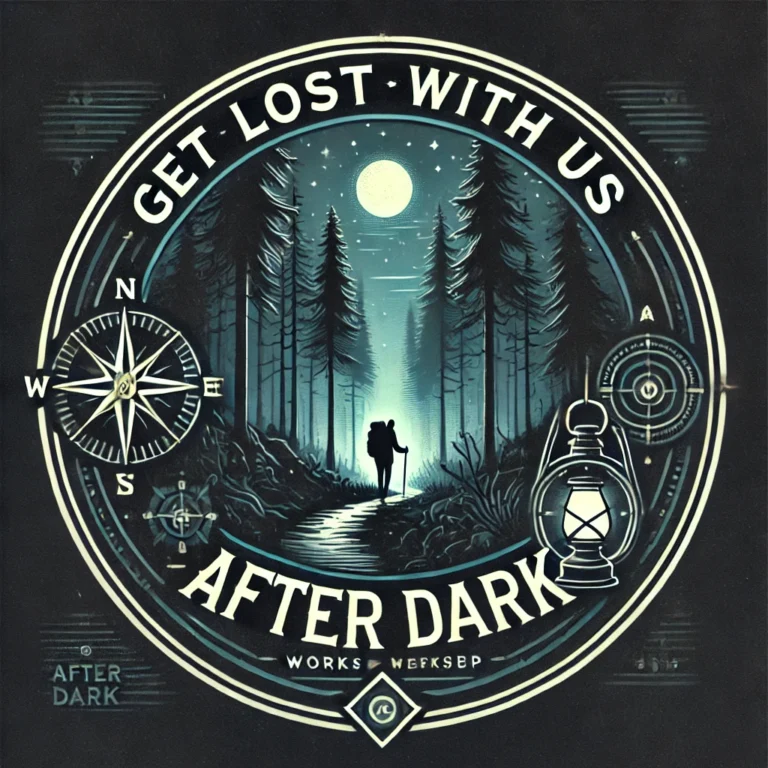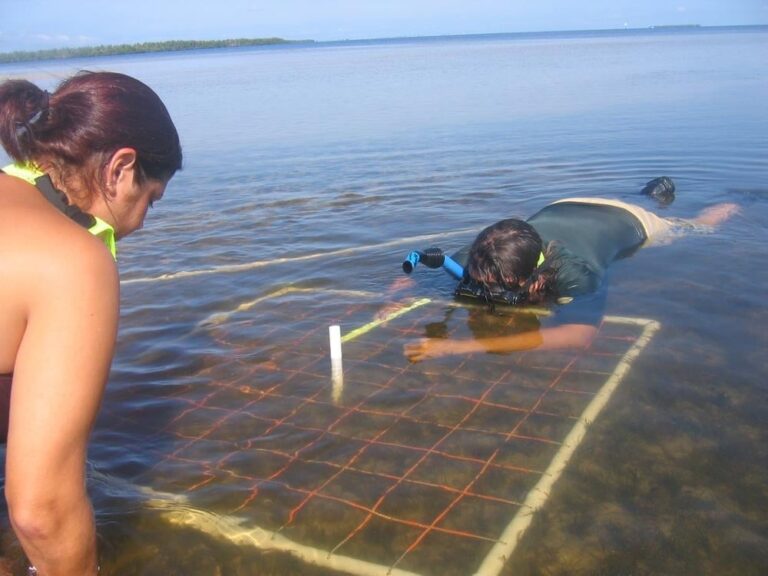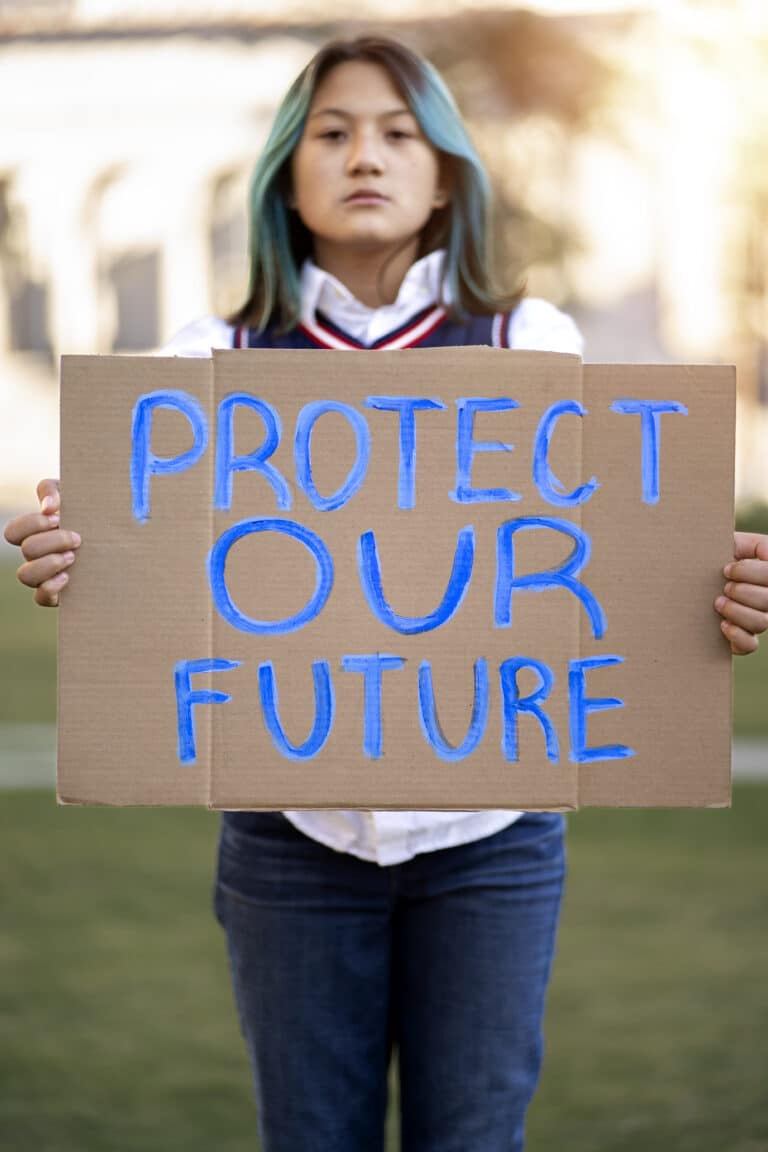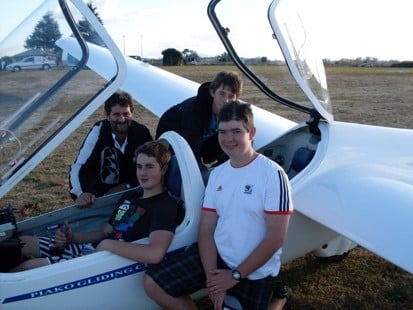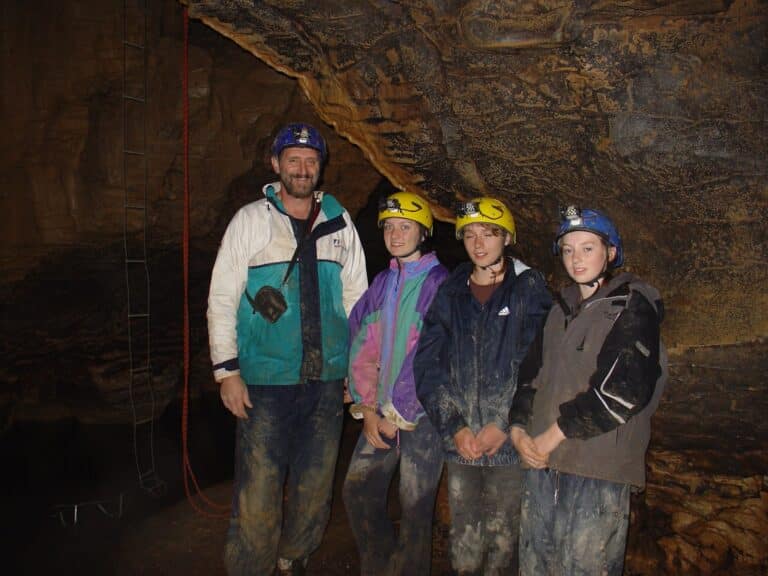Equipment
Field trips often include short walks over uneven ground with the possibility of some stream crossings, so please bring appropriate footwear.
Accommodation
Participants needing accommodation will be required to make their own accommodation arrangements for this conference.
Transportation
Teachers will have to provide their own transportation to the conference.
Meals
Light refreshments will be available. Participants should bring a packed lunch.
Health and Safety
Health and Safety documents will be provided at the site.

